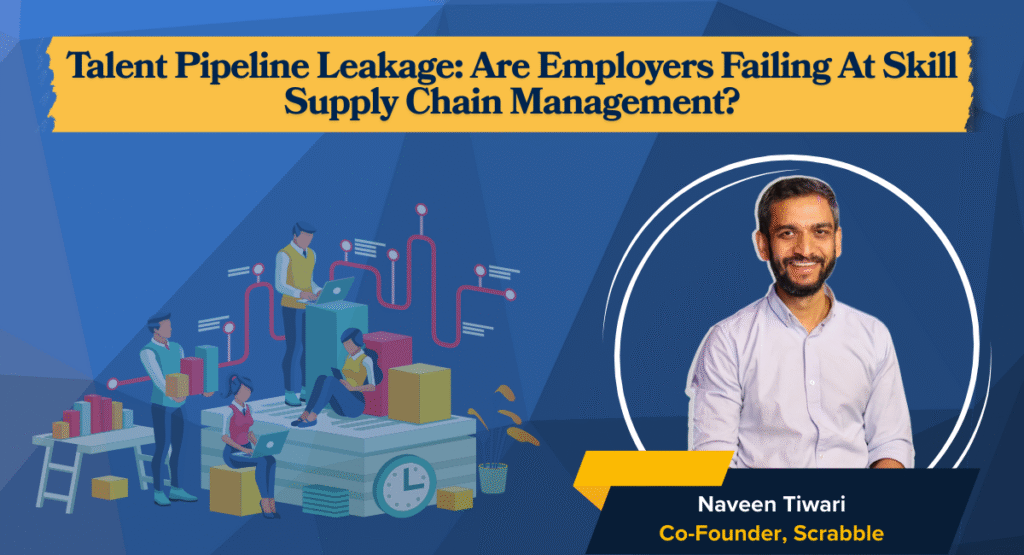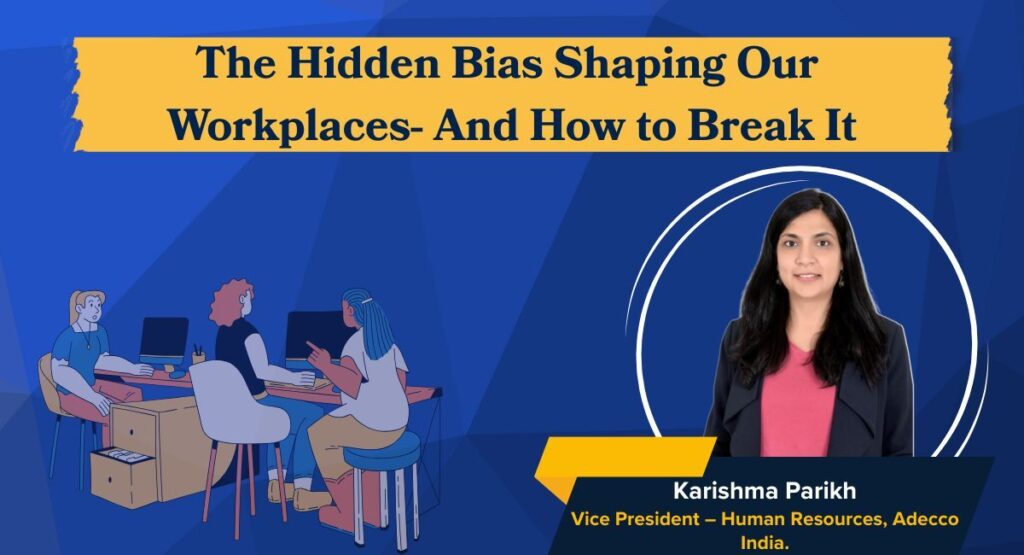The digital economy is on the rise, contributing almost one-fifth of the country’s GDP, and AI is a key driver of the sector’s economy. However, with the rapid changes in technology, the talent gap in the workforce has also increased.
In its Digital Skills & Salary Primer Report for FY2025-26, TeamLease Digital claimed that, for every 10 open roles in generative AI (GenAI), only one qualified engineer is available. By 2026, the AI talent deficit is expected to widen to 53% while the demand for cloud computing professionals is expected to outstrip supply by 55–60%.
By 2025, India’s AI market is expected to reach $28.8 billion while boosting white-collar employment. Out of the new jobs in the year, Global Capability Centres (GCCs) are expected to contribute about 22–25%. Following this trend, by 2027, out of the 4.7 million new jobs expected to arise by 2027, GCCs will likely be responsible for about 1.2 million, especially in GenAI and engineering research and development areas.
With the widening talent gap, salaries in areas like AI, cloud computing, and cybersecurity are on the rise. GenAI and machine learning operations (MLOps) senior professionals, as per the report, make about ₹58-60 lakh per annum (LPA), with annual growth rates of more than 18%. Specialised expert areas like prompt engineering, LLM safety and tuning, AI orchestration, agent design, simulation governance, and AI compliance (especially in BFSI, healthcare, and manufacturing) are becoming more popular.
Meanwhile, average salaries in the cybersecurity sector are expected to rise to ₹33.5 LPA in FY27, from ₹28 LPA at present, with seniors in the area even making upto₹55 LPA. Similarly, data engineers will likely see their salaries soar to ₹27 LPA in FY27 from ₹23 LPA, even as the senior might make up to ₹42 LPA. As for cloud computing, the average salaries are expected to reach ₹28 LPA from ₹24 LPA by FY27, and senior cloud architects could likely make up to ₹45 LPA.
Product management within the IT products and services sector is also becoming popular. Senior-level salaries pertaining to this are projected to rise 29% to ₹42 LPA by FY27. The average salaries for cloud roles are also expected to grow nearly 19% to ₹37.5 LPA. For GenAI-focused positions, senior salaries are predicted to rise from ₹28 LPA in FY25 to ₹33.5 LPA in FY27.
A significant reason behind the pay surges is the rising digital adoption even beyond the tech sector. With non-tech companies, digital transformation positions are becoming more in demand. Average salaries for these roles are expected to grow to ₹19.5 LPA from ₹16 LPA. Data analytics salaries are also on the rise, with an expected rise to ₹13.5 LPA from ₹11 LPA. Meanwhile, senior cloud and cybersecurity experts in non-tech companies might earn up to ₹30 LPA and ₹28 LPA, respectively.
That said, salaries for system maintenance workers, according to the report, are expected to remain at ₹12 LPA. Similarly, IT support will only see a slight growth to ₹11 LPA from ₹10.5 LPA by FY27.
Hiring remains strong across India, with Bengaluru remaining in the lead while Hyderabad continues to expand. Thanks to the hub-and-spoke model, tier-2 cities are seeing a hiring surge of 21%. The startups in India have become significant contributors to the hiring surge. Companies like Nykaa and Swiggy have increased their campus recruitment by 15%, highlighting the demand for young digital talent.





